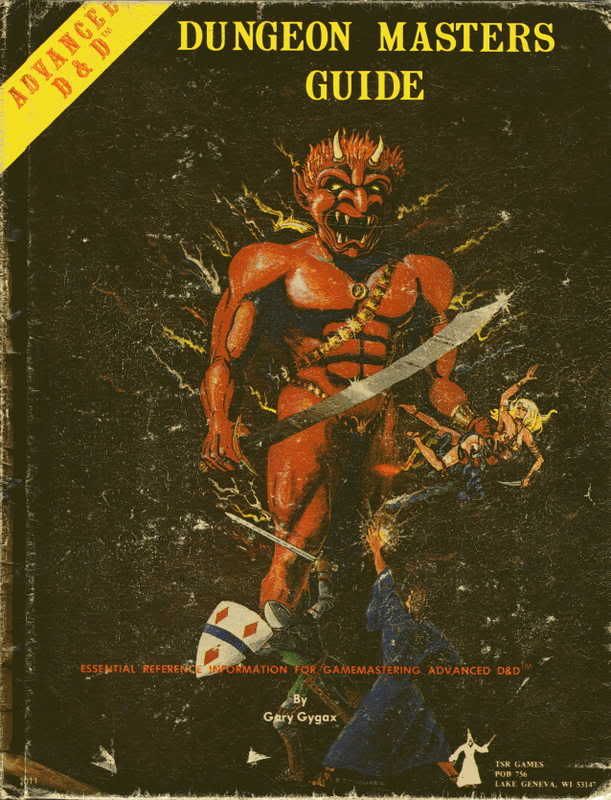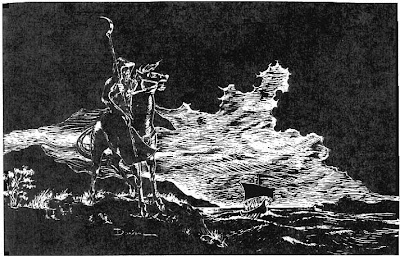How do any of these (or how have any of these) negatively impacted your gaming experience?
They may or may not. Let's take a look at it!
1. All characters should have options beyond making a basic attack.
I agree. "Powers" don't need to be the solution, though. My game uses a martial stance and maneuver system I created, Conan uses combat maneuvers as you qualify for them, etc.
Powers aren't necessarily bad, but it's requesting a specific solution to your question, above.
2. There should be powers that characters cannot use all the time, but which can be regained after resting for a short while (less than a day).
My problem is the "encounter" or "scene" terminology. As a player, when encounters become hazy, I have to wonder if this is a new encounter. If I'm sneaking into a place, get into a quick but quiet fight and use an encounter power, and then spend the next hour real-time sneaking around accomplishing things before getting into a fight fifteen minutes later in-game, is it a new encounter? To some groups yes, and to some no.
The problem for me is questioning it, and the reasoning why. Is there a reason why I can only do it once per encounter? If so, cool. Maybe it takes a bit to recharge? If so, why? Refocuses my ki, refilling my arcane pool? What about thieves and warriors? Diplomats? Craftsmen? If it fatigues them, why aren't they literally fatigued (as the condition)?
So, it has a recharge. How long, though? Five minutes? If I'm fighting someone, and we fight for two rounds and I use my encounter power, and then we talk for five minutes in-game while in a tense standoff, can I use my encounter power again? Many groups would consider this the same encounter. If I can use it again, why isn't it a five-minute recharge, not an "encounter" recharge? And, if it's five minutes, why that period of time?
It makes me ask questions about how the mechanics interact with the game world, and usually leaves me coming up dry. I'm okay with this for certain supernatural forces (they're obviously given more leeway), but if I'm spending time figuring out why I can't use something right now (because there's no explanation that works for me), it pulls me out of immersion.
I don't like mechanics that seem purely for game balance but basically ignore me when I question why they work the way they do in-game. I want to be immersed. I don't want to leave "actor stance", basically.
Tastes differ, obviously, but you asked how this could negatively affect my game. There you go. I'm more okay with "you need five minutes to refill your inner arcane pool" than I am "you can use this ability once per encounter." YMMV.
3. Healing should scale with character hit points. Characters should have some ability to recover hit points so that they are able to take on more than one encounter a day, while preserving the threat that they could be dropped even in the first encounter of the day.
Why not just have healing effects scale? You have healing effects have a Magnitude of 1, 2, 3, or 4 (25%, 50%, 75%, 100%).
Cure Light Wounds is a M:1 cure spell, while
Heal is a M:4 cure spell. You don't need healing surges to accomplish this.
Healing surges would be fine with me if they could only be activated magically or supernaturally, or if they only refilled your "other" HP pool (fate, luck, fatigue, etc.). Otherwise, you get people questioning why someone can take a blow from an ogre that might kill him (but we don't know until those death saving throws are done!), but he can get up and "nevermind, he wasn't almost dying!" when someone yells at him.
Again, it leads back to my preference for immersion and "actor stance". Healing surges, in their current implementation, trample on that to a significant degree, and thus negatively affect my game.
4. There should be a system which DMs could use to structure more complex non-combat challenges.
Again, like powers and healing surges, this does not have to mean that you need to use skill challenges. I'm okay with specific uses of skill challenges (as effectively extended skill checks, a la WoD), but I strongly dislike the current implementation.
I dislike having the number of successes necessary to succeed determined
before anyone tries to solve the damn problem. That's really what screams "don't use me!" to my group or play style. For extended skill checks it works, because you know only one skill or method will be used. For their current uses, you don't know who is going to try what, and which skills will be used, and yet you've already decided "you need 6 successes."
You want more open skill challenges. I'd like them radically altered and reigned in. How does it affect my game? It feels forced, clunky, and poor. Obviously people disagree, which is fine, but it makes for a gaming experience that is significantly dampened for the duration of their use.
I would like to say, however, that I'm really open to more options than basic attacks (even powers as part of that resolution), bursts of power on a "short" recharge time (not encounter powers), scaling healing (healing surges work, but not in their current implementation), and complex non-combat challenges (not skill challenges in anything near their current form).
The goals are not inherently objectionable, but the solutions might be to many people. I can only speak for myself and my group, though. Not saying you're wrong to ask for it, but when you ask how these things can negatively affect my gaming experience, I want to say how they can. As always, play what you like















